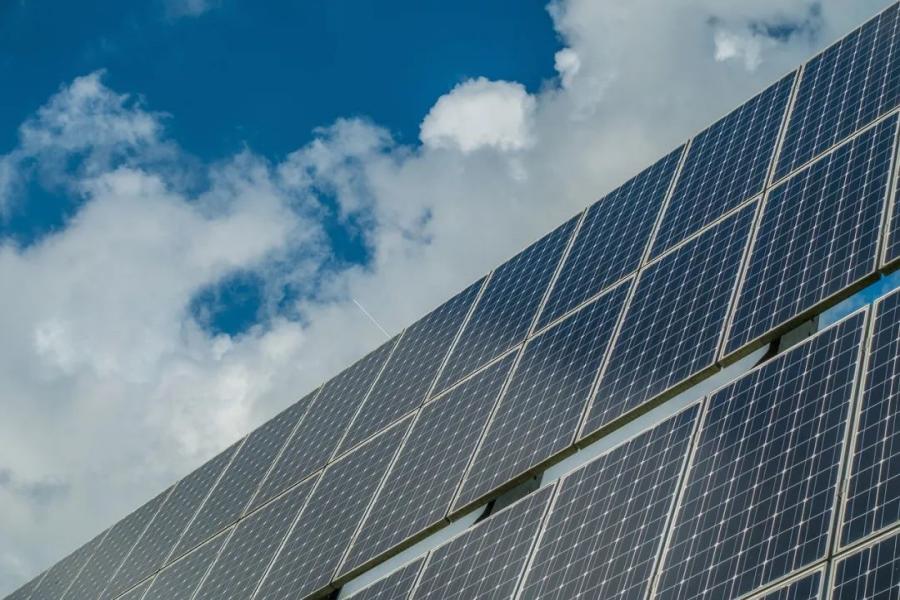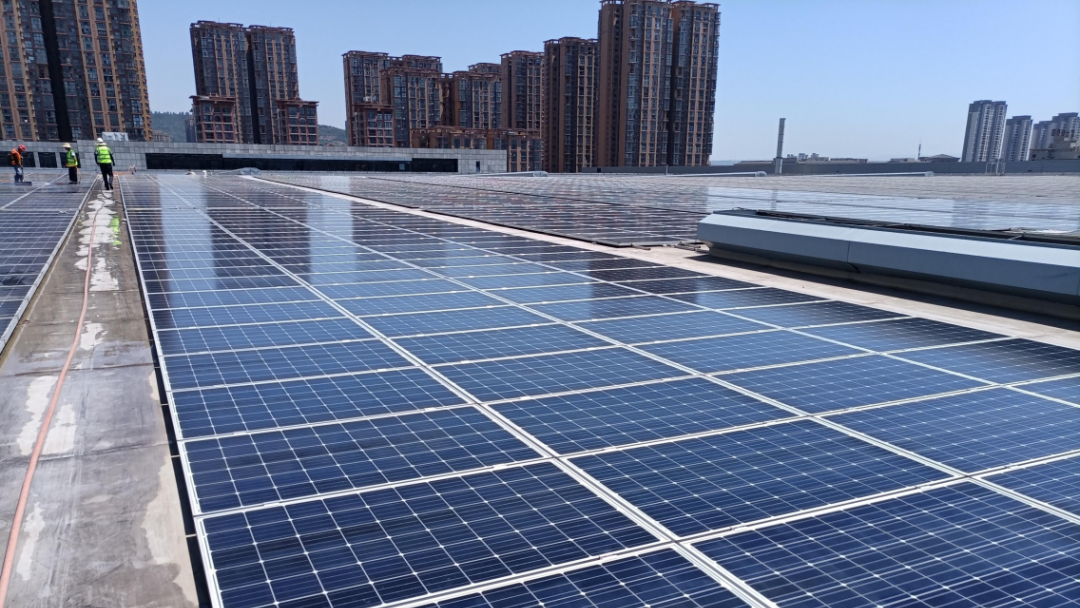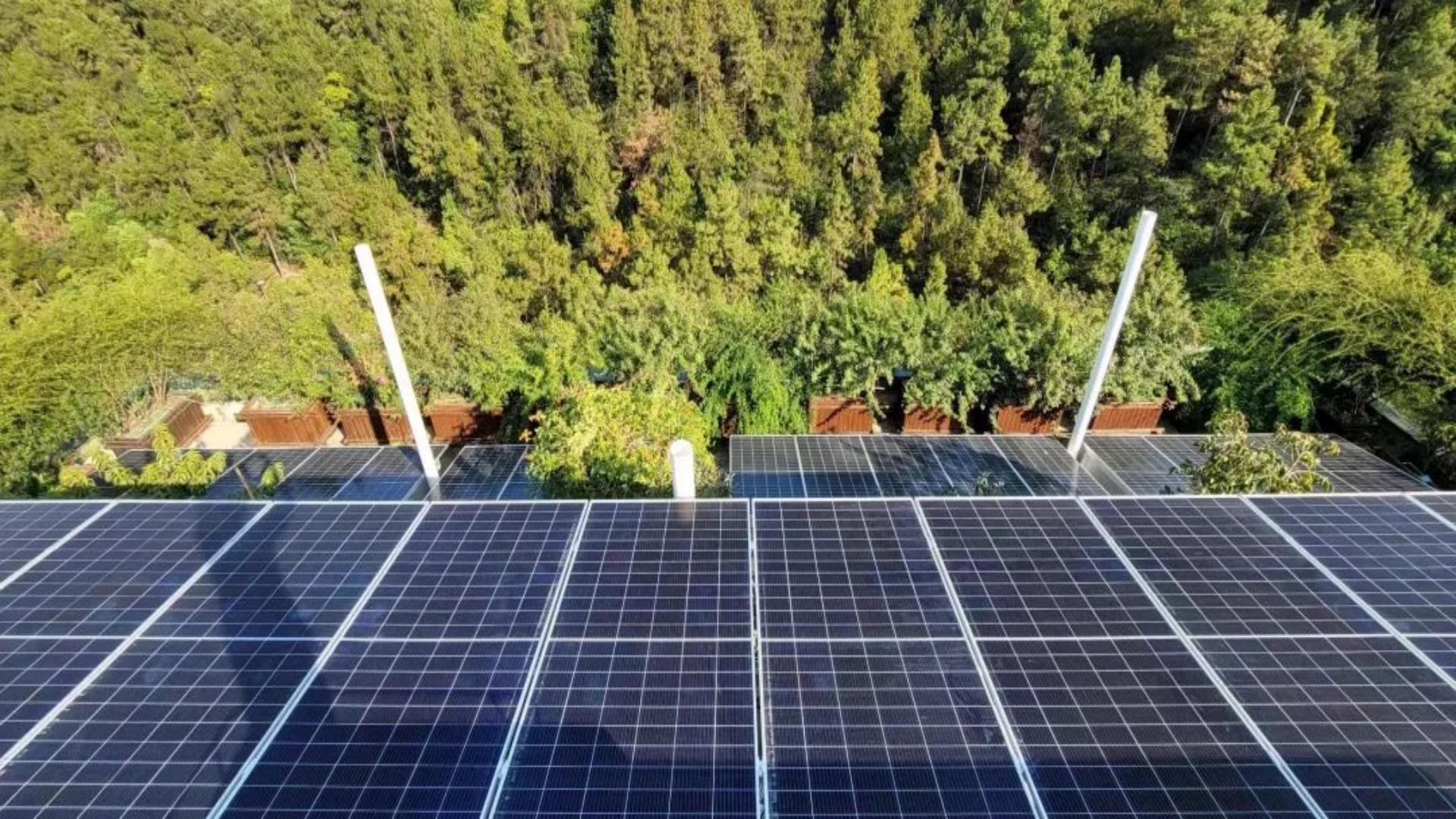Do solar panels emit radiation?
Through the photoelectric effect, sunlight is converted into electricity by a solar panel, a device that uses solar radiation to generate electricity. Rather than creating or releasing radiation energy, the premise of photovoltaic panels is to use the photoelectric process to transform solar light into electricity. The panels themselves do not produce radiation.
Solar panels are usually composed of multiple components, including silicon wafers, wires and auxiliary materials. When sunlight hits a photovoltaic panel, electrons in the silicon are excited, creating an electric current. This process does not involve radiation, so the solar photovoltaic panels themselves do not produce radiation.
However, it is important to note that the manufacturing process of photovoltaic panels may use some materials or chemicals that may have a negative impact on the environment when disposed of or discarded. Therefore, in the production and processing of photovoltaic panels, appropriate environmental measures need to be taken to reduce the potential impact on the environment.
Solar panels are widely used all over the world. The government's support and encouragement for the solar photovoltaic industry has made the industry develop rapidly. Many urban and rural areas have built photovoltaic power stations to provide clean energy for local residents. In addition, many households and businesses also choose to install solar panels to reduce dependence on traditional energy sources and save energy costs.
In general, solar panels are a reliable and efficient energy conversion equipment, and its application and development prospects are broad. With the continuous progress of technology and cost reduction, photovoltaic panels will be more widely used in the future, contributing to energy transformation and environmental protection.






